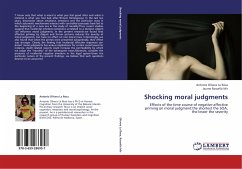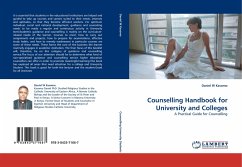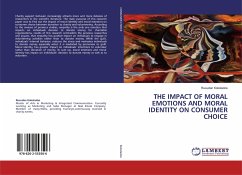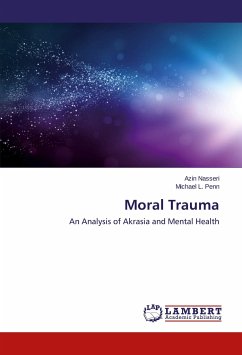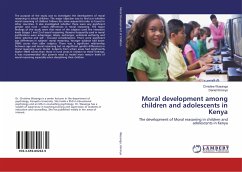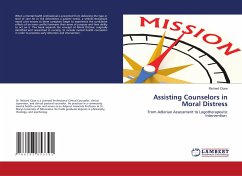"I know only that what is moral is what you feel good after and what is immoral is what you feel bad after."(Ernest Hemingway). In the last ten years, discoveries about intuitions, emotions and the particular ways in which automatic mechanisms interact with controlled processes have led to the beginning of a new era in the study of morality.Thus, recent studies suggest that incidental emotions (emotions unrelated to a decision object) can influence moral judgments. In the present research,we found that affective priming by disgust and horror pictures reduces the severity of moral judgments, but have no effect on non-moral ones. Interestingly, we also found that when the primes were presented suboptimally, their effect was stronger. Clearly, the finding that incidental affective responses can distort moral judgments has serious implications for certain social issues.For instance, death-related reports could increase the permissibility by which we judge the morality of the subsequent news.Moreover, consider the presence of incidental negative emotions in the legal system.Given the particular nature of the present findings, we believe that such questions deserve to be answered.
Bitte wählen Sie Ihr Anliegen aus.
Rechnungen
Retourenschein anfordern
Bestellstatus
Storno

